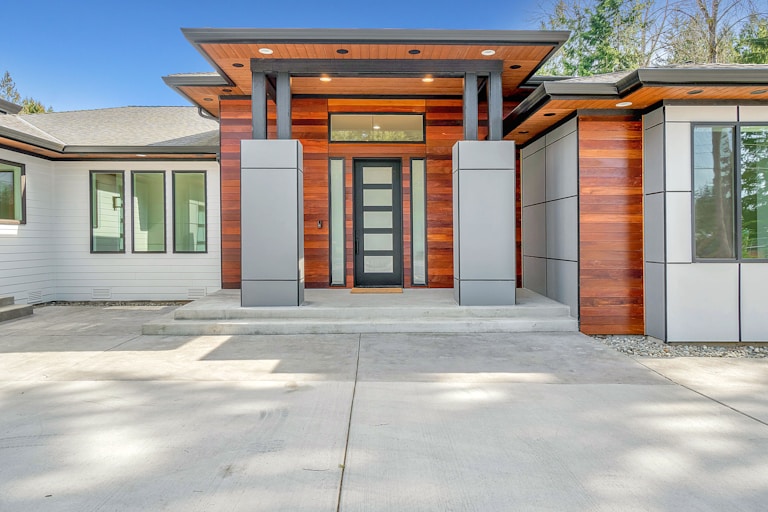Jumbo Loans Vs Conforming Loans Vs Government-Backed Loans
A jumbo loan is a type of conventional loan that sits above the conforming loan limit. This limit is determined primarily by Fannie Mae and Freddie Mac.


The Role of the Federal
Housing Finance Agency
The Federal Housing Finance Agency (FHFA) regulates Fannie Mae and Freddie Mac. The reason that this limit of $726,200 exists is that these financial institutions have deemed those mortgages to be too risky to be purchased in the secondary market.
Once you get above these conforming loan limits, you are entering into the non-conforming mortgage category. another name for this type of mortgage is a jumbo loan.
Other non-conforming loans include government-backed loans like FHA loans, VA loans, and USDA loans. To summarize, jumbo loans can be classified as non-conforming conventional loans.
Why Buyers Might Require a Jumbo Mortgage
What it Takes to Acquire a Jumbo Loan
Credit Score
Buyers that want a jumbo loan have to have a higher credit score than those looking for conforming conventional mortgages. While you can acquire a conventional mortgage with a credit score of 620 or more, you probably cannot get a jumbo mortgage unless you are at 700 or above. A credit score is indicative of how reliable you are at paying off debt like credit cards, auto loans, student loans, and more. This minimum credit score of 700 demonstrates that you do not miss payments, you have a long credit history, and you do not acquire too much debt. Also, the better your credit score, the better the interest rate you can get.
Debt-to-Income Ratio
A debt-to-income ratio compares your income with how much debt you have accrued. The lower this ratio, the more likely you are to qualify for a jumbo loan. It shows that your income outpaces your debt payments significantly, so you can take on more debt from jumbo lenders without being unable to cover monthly payments. The standard DTI ratio requirement for a conforming loan is no higher than 43%, but jumbo loans typically require no higher than 36%. Lenders may evaluate credit reports, bank statements, pay stubs, and more to determine your eligibility.
Down Payment
Jumbo loans have a much higher down payment requirement than conventional mortgages. If you cannot afford a 20% minimum down payment, then you are not going to be approved. The reason for this is that lenders take on a lot of risk for jumbo loans since they are not backed by another entity. If they did not require larger down payments, they may not trust that the buyer has enough funds to pay back the loan. If you are buying a high-value property but do not have enough funds for a 20% down payment, then you may have to resort to taking out multiple conventional mortgage loans.
Interest Rates
The rate of interest for a jumbo loan varies, but it is usually higher than it is for other loans. High interest rates are one of the ways that lenders can make more money from the transaction, mitigating the risk that comes when they offer jumbo loans that are not backed by the government or another entity. Interest rates, especially on a jumbo loan are very important because they really affect mortgage payments.
Loan Limits
Even jumbo loans have loan limits because of the risk inherited by lenders. While some lenders may offer a jumbo mortgage for a purchase price of up to $2.5 million, others may approve up to $3 million or more. There is also an additional class of jumbo loans known as high jumbo loans. These limits exist to protect lenders from taking on too much risk. However, they will still require a higher down payment, significant cash reserves/liquid assets from the buyer, and very positive credit reports.
Learn About Jumbo Loan Rates Today
Know exactly what to expect from your loan
- No documents required.
- No commitment.
- No fine print.










